Smart homes are so much more than just gadgets and flashy effects. If you’re into sustainability, EVs, and renewable energy, there are some really great smart home options available today that can reduce and track your energy usage, keep a healthy house, and add some security. Of course, you don’t need to be into sustainability to find the items on this Best Smart Home Tech list interesting and useful.
I spend a lot of time talking about renewable energy and EVs, but smart home tech is kind of near and dear to my heart. Not only can it be a lot of fun, but there’s some great tech that can improve not just your comfort, but your energy use as well. My list of tech items here are some of the things I’ve really been enjoying over the course of 2020. And if you’re looking for a little slice of fun in an otherwise bizarre year, this could be it. There are eight things I want to call out, which I’ve organized into categories. The last one is kind of a cheat … it’s not technically “smart home,” but it’s still smart in my book.
Reduce Energy Usage
First up is some of the smart home tech I’ve been using to not only keep us comfortable, but to help us track and reduce our energy usage. Which in turn should also help save some money over time.
1) Ecobee
Cost: $169+
I’ve done a deep dive review on this already, but I’ve got to call out my Ecobee SmartThermostat. Whether you’re concerned about sustainability, saving some money, or both, getting a handle on heating and cooling your home is the best place to start since it accounts for half of our energy use.1 The simple act of turning down your temperature by 7–10 degrees for 8 hours a day can save you 10% on energy costs over the course of a year.2 Sadly, most people don’t set their thermostats properly, or just leave them at a set temperature all the time.3 Smart thermostats can take managing your home temperature to the next level with remote temperature sensors, motion detection, and geolocation to keep you comfortable and save energy where it can.
But for me it’s the feature that Ecobee rolled out widely this past year that’s taken things up another notch: Eco+. It uses machine learning to customize temperature settings to cut costs based on how far you want to push it. In the app you can turn Eco+ on and off and dial the tolerances to where you lean. And it can even link into your Utility to offer peak relief for the grid to dial back use when electricity is more expensive. So if you live an area with time of use rates, it takes that all into consideration.
2) Sense
Cost: $299, $349
This is another one I’ve done a deep dive on in the past, and have even talked to their CEO about how the technology works and where it’s going. In case you haven’t see that review, the Sense is a whole home energy monitor. You install it into your electric panel with a couple of clamps that go around your main electrical wires. Using machine learning it’s able to detect the electrical patterns for many of your appliances and larger electronics in the home.
They’ve just rolled out a new feature that’s really cool. For a while now they’ve had a set of add-on sensors that you can clamp around your solar panel lines to track solar generation. Well, if you don’t have solar you can use those flex sensors to track up to two different circuits in your home. It’s called dedicated circuit monitoring and means that with 100% reliability you could track an EV charger and your HVAC system. It’s a great add-on. If you want to know more, I’ll include a link in the description with details, as well as how to get one at a discount.
3) Aquanta
Cost: $149
This is a newer addition to my home, and while not as sexy as other smart home tech, it’s really pretty cool. Much like a smart thermostat adds smarts to your HVAC system, Aquanta adds smarts to your water heater. Yeah, like I said … not sexy, but still pretty cool. Trust me.
I’ve wanted to update my water heater system to something more efficient for a while now, but the cost has been holding me back. About 18% of the average home’s energy cost goes to your water heater. That’s why Aquanta caught my attention. They make smart controllers that will fit most standard electric or natural gas water heaters. You simply attach it to the top of the water heater, plug a cable into your water heaters controller, and attach a couple of temperature sensors. Aquanta can tell you the temperature of the water, how much there is, allow you to set schedules for heating the water, or allow the system to use machine learning to manage the heating based upon how your home uses water. They claim that between 10-30% of water heating energy can be saved, but I haven’t been able to confirm that claim since I didn’t have specific natural gas usage tracking for a before and after comparison. The app does show exactly how much energy your using day-to-day, so you can make adjustments and see what kind of impact it has in time.
Health
Moving on to smart home tech that can help with make a healthier home, I’ve been getting a lot of great use out of air quality sensors. There’s a growing list of scientific evidence showing that indoor air can sometimes be more polluted than outdoor air. And since we spend most of our time inside the house, it’s a good idea to make sure you’re keeping track of the air quality inside your home.
4) Kaiterra Laser Egg
Cost: $199
While I’m referencing the Kaiterra Laser Egg I’ve been using for the past year, there are a lot of air quality sensors out there to choose from like Awair, Airthings, and Netatmo. In the case of the Laser Egg that I’ve been using, it’s the Laser Egg+ Chemical model, which tracks fine dust, smog, and VOCs. Inside the app you get logs of the air quality index, particle level, VOC (volatile organic compounds), and temperature. In the case of VOCs, those are some of the dangerous off gasses that we get in our homes from paints, furniture, carpet, plastics, etc. you name it.
Now, in and of itself, these kind of monitors are a little limited since it’s just telling you the readings. If you see high levels of CO2 or VOCs, it’s up to you to act on it. Open some windows, turn on an exhaust fan, etc. But if you pair a sensor like this with your smart home and other devices, like a air filter or fan, you can create some pretty cool automations. In my case with the Laser Egg, I’ve got a routine set up with IFTTT that if levels get high it can turn on an air filter that’s plugged into a smart outlet. Or you could set up an alert system to turn a light red if levels get dangerously high. There’s a lot of possibilities there.
5) Dyson Pure Cool Air Filter
Cost: $399+
And related to that is the Dyson Pure Cool Air Filter, which I got earlier this year. I’ve used HEPA air filters like this for decades now since I’ve got some pretty bad allergies … including to my dog. I’ve used so many of these things that I’ve lost count … including some of the better systems out there like MoleKule, Rabbit Air, Blue Air, etc. seriously, I’ve used a bunch. This Dyson, which is pricey, is my absolute favorite of the bunch. Not only is it a great air filter, but the air quality sensor that’s built into the unit is as good … if not better … than what’s in the Laser Egg. And on top of that they’re designed to double as a fan, so you’re getting a nice multifunctional tool. Most air filters just gently distribute the air back up and into the room. The Dyson can direct air in a stream to keep you cool, or out the back of the unit to distribute the air gently back into the room. It will automatically ramp up the fan if partial or VOC levels get to high. And the app provides some nice visuals and logs of the sensor readings over time just like the Laser Egg. The two downsides are the price and the lack of integration into things like IFTTT or other smart home services, but it’s been worth every penny in my book. Over the summer I noticed a big difference when we turned this off … and my allergies started kicking into gear.
Security
That brings me to third category of gear: security. I’ve done quite a few reviews on smart doorbells, floodlights, and cameras, so it shouldn’t be a surprise with number 6 on my list.
6) EufyCam 2/2C
Cost: $239+
I’ve been asked quite a few times for updates on my Eufycams and if I’m still happy with them and use them. The answer is yes. I still really like them and really enjoy having battery operated cameras that are easy to setup wherever you want them. You don’t have to worry about wires, but it does mean you have to take them down once or twice a year to charge them up.
I don’t use the Eufycam Es anymore and have upgraded to the Eufycam 2 and 2C in a few areas around the house. And the big reason is Apple Homekit. I’ve dinged Eufy in every single one of my reviews on their products for the lack of integrations, and I still feel that way. They have very surface level integrations into Amazon and Google, so if you have an Amazon or Google screen device like an Google Nest Hub or Amazon Echo Show, you can call up any one of your cameras to see what’s happening. Well with Apple Homekit they’ve finally gone beyond a surface level integration … and I’m really liking it so far.
These were already some of the best battery security cameras you can get, but they’re now also one of the best Homekit cameras you can get because they also tap into Homekit Secure Video. That’s Apple’s implementation of saving security camera footage into your iCloud account. It’s all encrypted and only you can view it … it’s one of the few online security video storage services I actually trust. Once you have these linked into your Homekit setup, preview images will show up directly in the Apple Home app. Tap in and you’ll immediately see and hear a live feed. Along the bottom will be a timeline of recordings with face and object detection markers. It can recognize specific people and even distinguish if an animal triggered a recording or a car. Along the top you get a date picker to move between days or weeks. It’s not the best security app UI I’ve used, but it’s very good.
7) iSmartGate
Cost: $109+
Which brings me to the next one. Again, just like the water heater device, this may not be the sexiest option, but it’s still cool. iSmartGate was kind enough to send me this to test out … and I really like it. For years I’ve been using Garageio as a smart garage door opener control, but it had very limited integrations. I had a jerry-rigged setup going from Garageio to IFTTT to Hubitat to Homebridge to Apple Home for controlling it from my phone. All of those hoops meant it was very slow to respond when using Siri, Amazon, or Google to issue a command. iSmartGate has Homekit integration built right in, and there’s even apps available for Smartthings and Hubitat for direct control. Now it’s super responsive.
But this is why I’m including it in my security category. It offers built in security camera features, so if you’re using the iSmartGate app you get a live view of the door on the door control. Very cool. The downside, to unlock this feature costs extra as a software unlock, but this is a really cool feature. The kit they sent me came with a camera that’s fine … it’s fine. But since I’m using Apple Home as my main app, I tossed a Eufycam 2C on a wall and get similar functionality right in the Home app. A live video view right next to the button control.
Electrify Everything
And finally, my last category and gear I want to call out. Like I said at the beginning, this one is a cheat … it’s not really “smart home,” but it’s smart. Go electric and get rid of your gas powered stuff for your yard.
8) Ego Mower/Blower/Trimmer/Snowblower
Cost: $99+
And to double down on my cheat, I’m lumping a whole bunch of things into one recommendation and call out. Ego … I love Ego products. I did a review of their latest lawn mower near the beginning of the summer. Quick follow up on that review would be that I absolutely love that mower. We also have their leaf blower, edge trimmer, and the brand spanking new … just out of the box … 2 stage snowblower. Every single product I own, and have bought myself with my own money, I absolutely love. Not only have they operated as well as any gas-powered product I owned before them, but they do it in a way that’s actually more enjoyable to use. They’re lighter, quieter, and require far less maintenance and there’s no gasoline or oil smell. Electrify everything! I’ll most likely be doing a review this winter after using this snowblower a few times, so be sure to subscribe and hit the notification bell to not miss that.



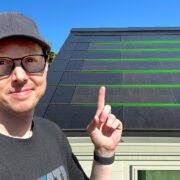
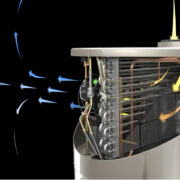

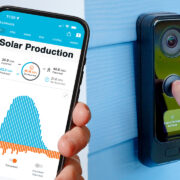
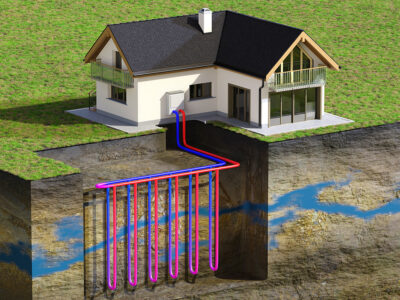

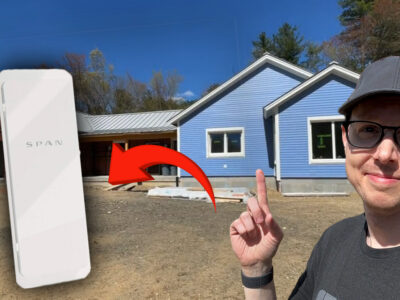



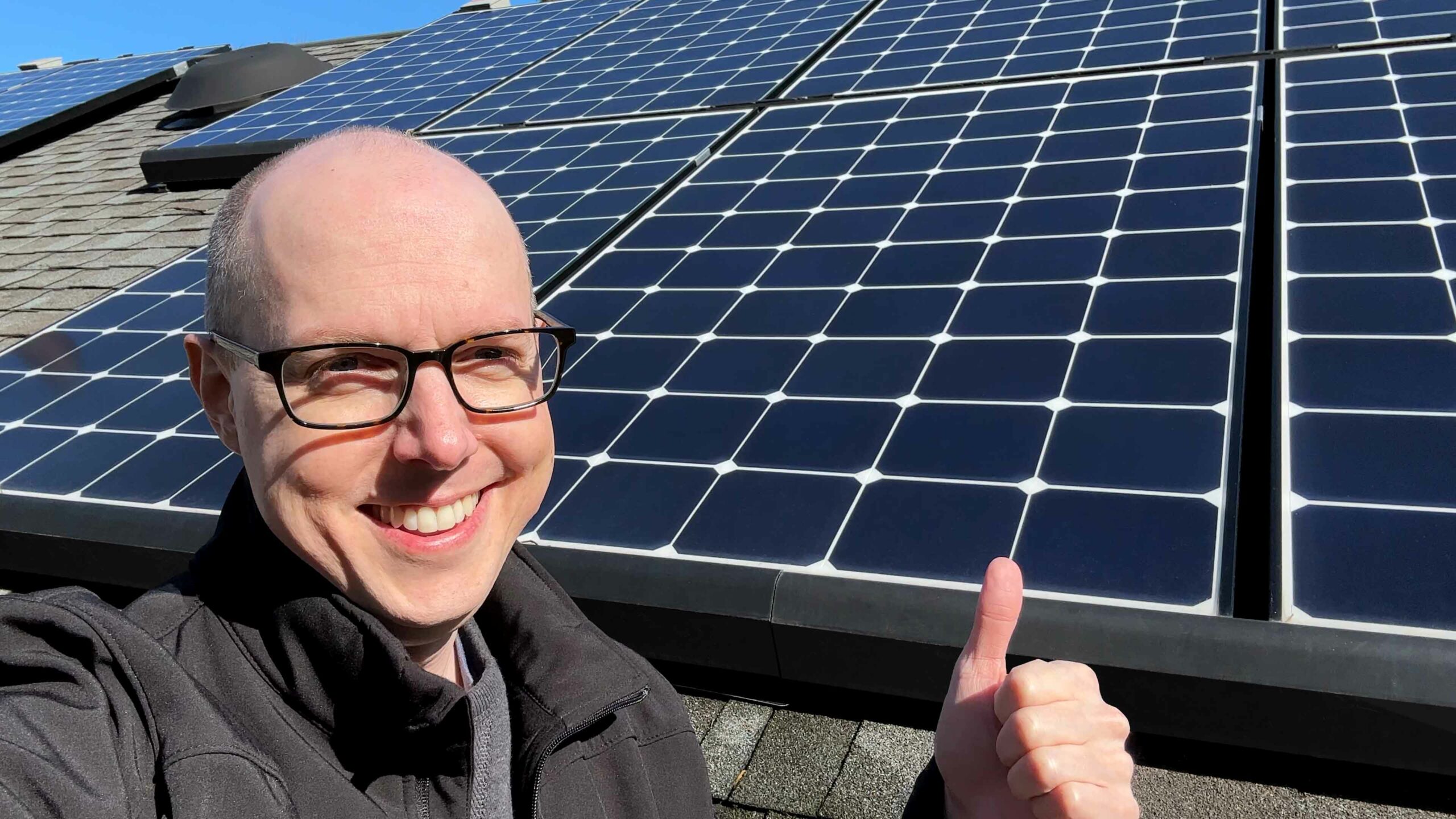


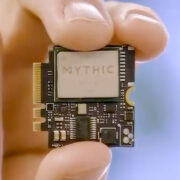

Comments